Subsistence
The Kodiak Archipelago is filled with animals. Sea mammals play in island waters. Schools of fish fill the deep. Shellfish crust the shores. Salmon and trout pack streams. Bears and foxes roam grassy meadows and thousands of birds soar through the skies. Each animal has an important tie to the Alutiiq/Sugpiaq people.
Alutiiq people harvest animals to care for their families. Animals provide meat and fat for food, and materials for tools and clothing. Living off the land is an ancient tradition. Alutiiq people hunt and fish with knowledge passed down over thousands of years an understanding of animal behavior, awareness of the weather, and carefully honed harvesting skills. Relying on wild resources is more than subsistence, it is suumacirpet–our way of living.
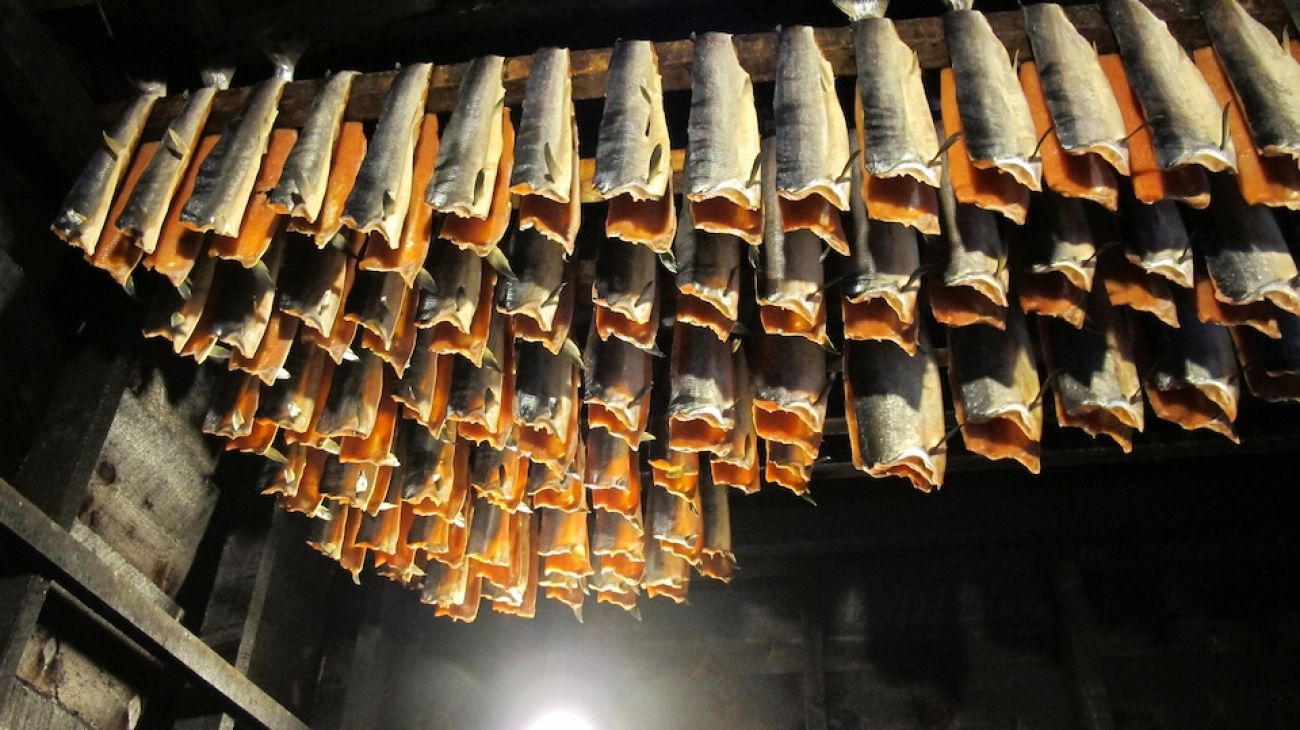
Salmon hanging in Herman Squartsoff’s smoke house.
Wild Foods
HARVESTING & COOKING WITH ELDERS
A scatter of broken clamshells hints that an octopus is hiding under a nearby rock. Seal intestines should be rinsed with salt water before stuffing. Eating fatty king salmon can interfere with the effectiveness of some plant medicines. These are examples of the cultural knowledge of wild foods preserved by Alutiiq people. Through a year of monthly interviews and community events, the Alutiiq Museum worked with Kodiak’s most experienced harvesters and chefs to document the use of widely available wild foods.
Supported by the National Park Service.
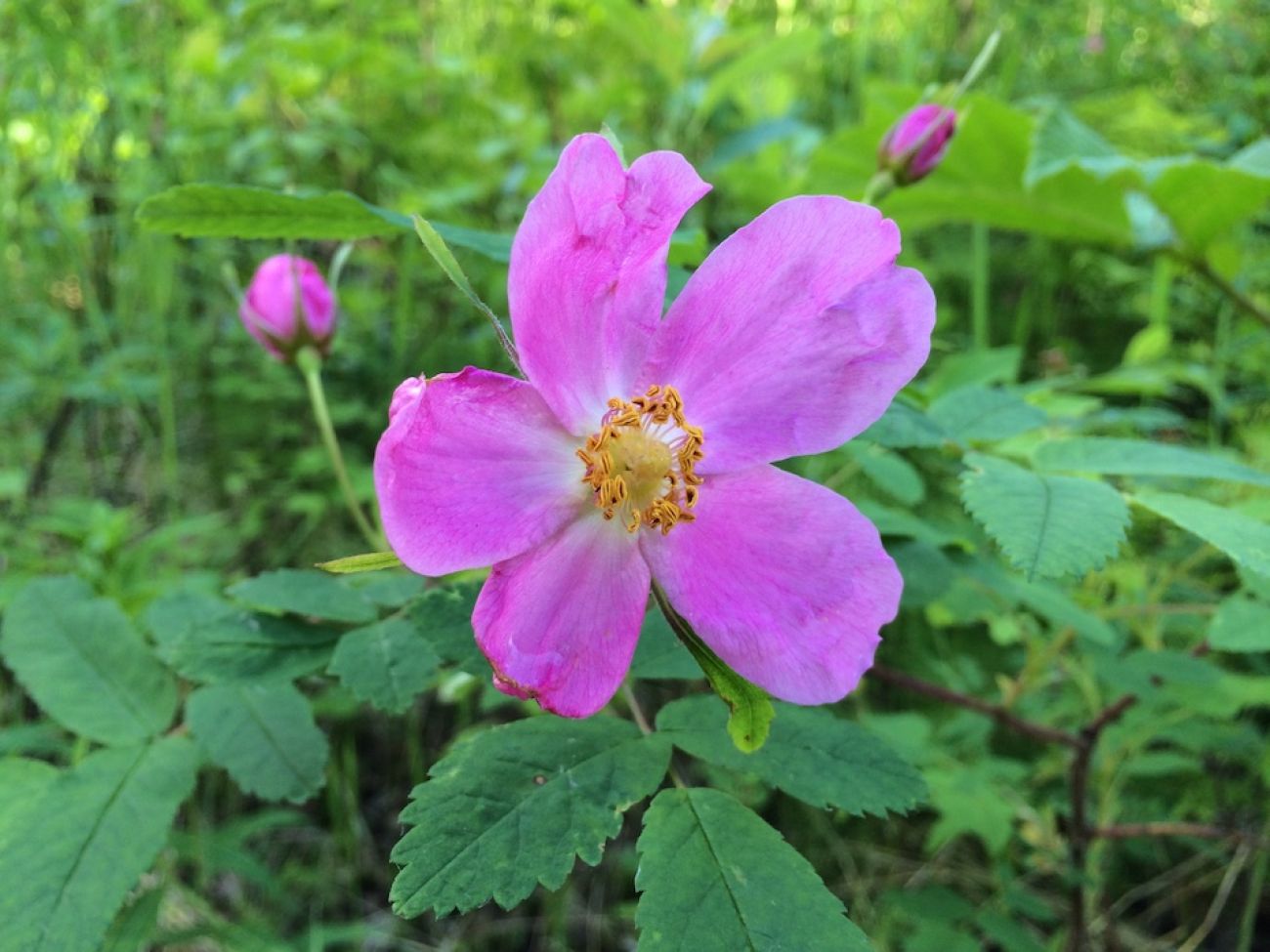
Nootka Rose
Plant Gallery
NAUT’STAARPET—OUR PLANTS
The Alutiiq people are known for their rich maritime heritage, and from afar, plants may seem less important than the sea mammals, fish, birds, and shellfish. Yet plants provide the Alutiiq with sustenance, raw materials, fuel, and medicine.
To a diet rich in animal protein and fat, plant foods contribute vital carbohydrates, vitamins, and minerals. Plants also provide wood and fiber for making tools and clothing, fuel for heat and food preservation, and powerful medicine. Alutiiq healers continue to make teas, tinctures, switches, and poultices from local plants known for their healing properties.
Produced with support from the Institute for Museum and Library Services and the Alaska State Museum.
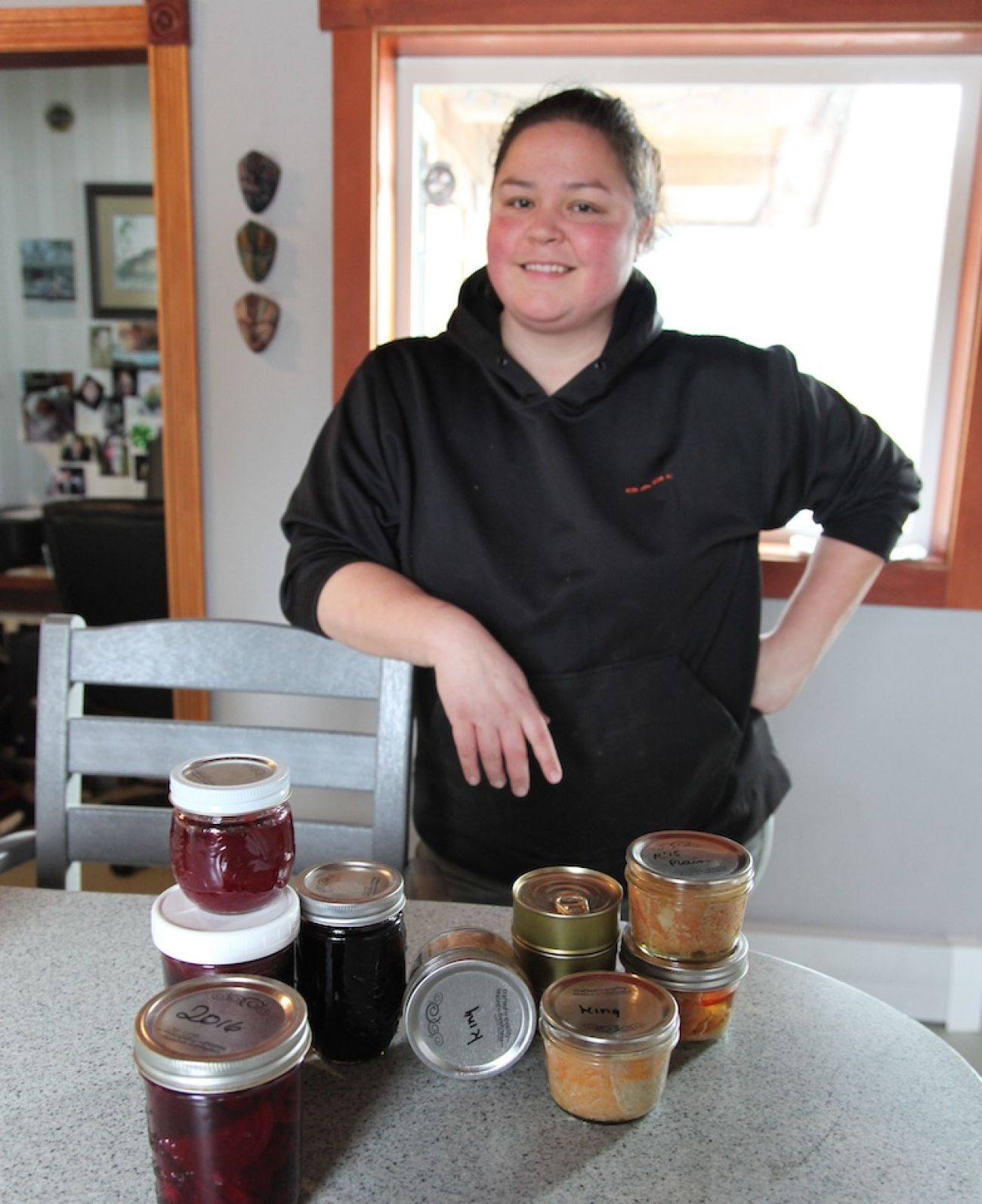
Gayla Pedersen in her kitchen with canned fish and jams.
Plant Crafts & Recipes
WORKING WITH PLANTS
Wild plants are abundant, easy to harvest, and versatile. Alutiiq herbalist Gayla Pedersen demonstrates how to collect, prepare, and cook with local greens and berries.
Produced with support from the US Fish & Wildlife Service.
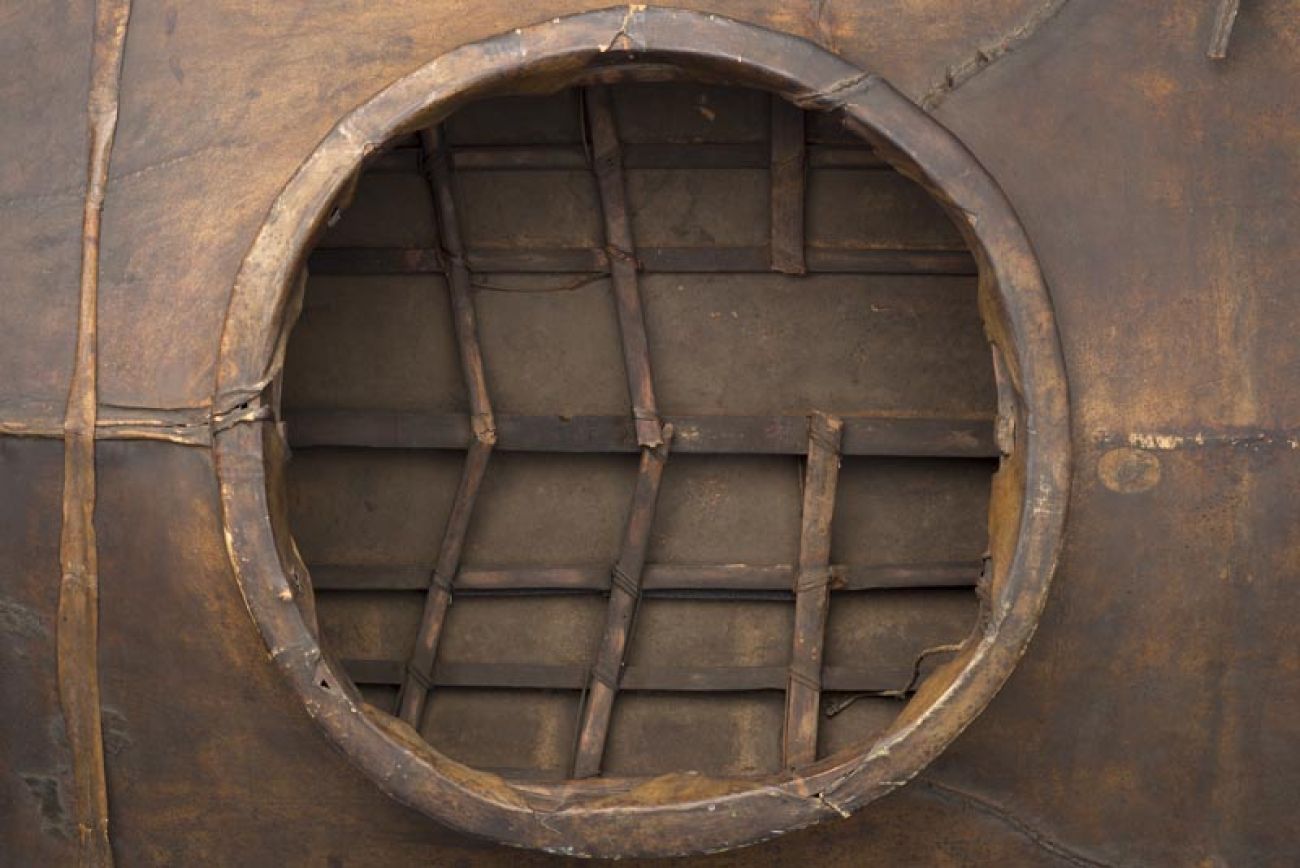
The cockpit of an Alutiiq kayak collected in 1868, courtesy of Harvard University’s Peabody Museum.
Qayat—Kayaks
A HERITAGE OF SKIN BOATS
From their kayaks, Alutiiq hunters pursued a wealth of sea mammals, fish, and birds, harvesting in the open water and along the shoreline. Learn about these lightweight, flexible boats perfectly engineered for Kodiak’s stormy waters.
Produced with support from the Alaska Office of History and Archaeology and the National Park Service.
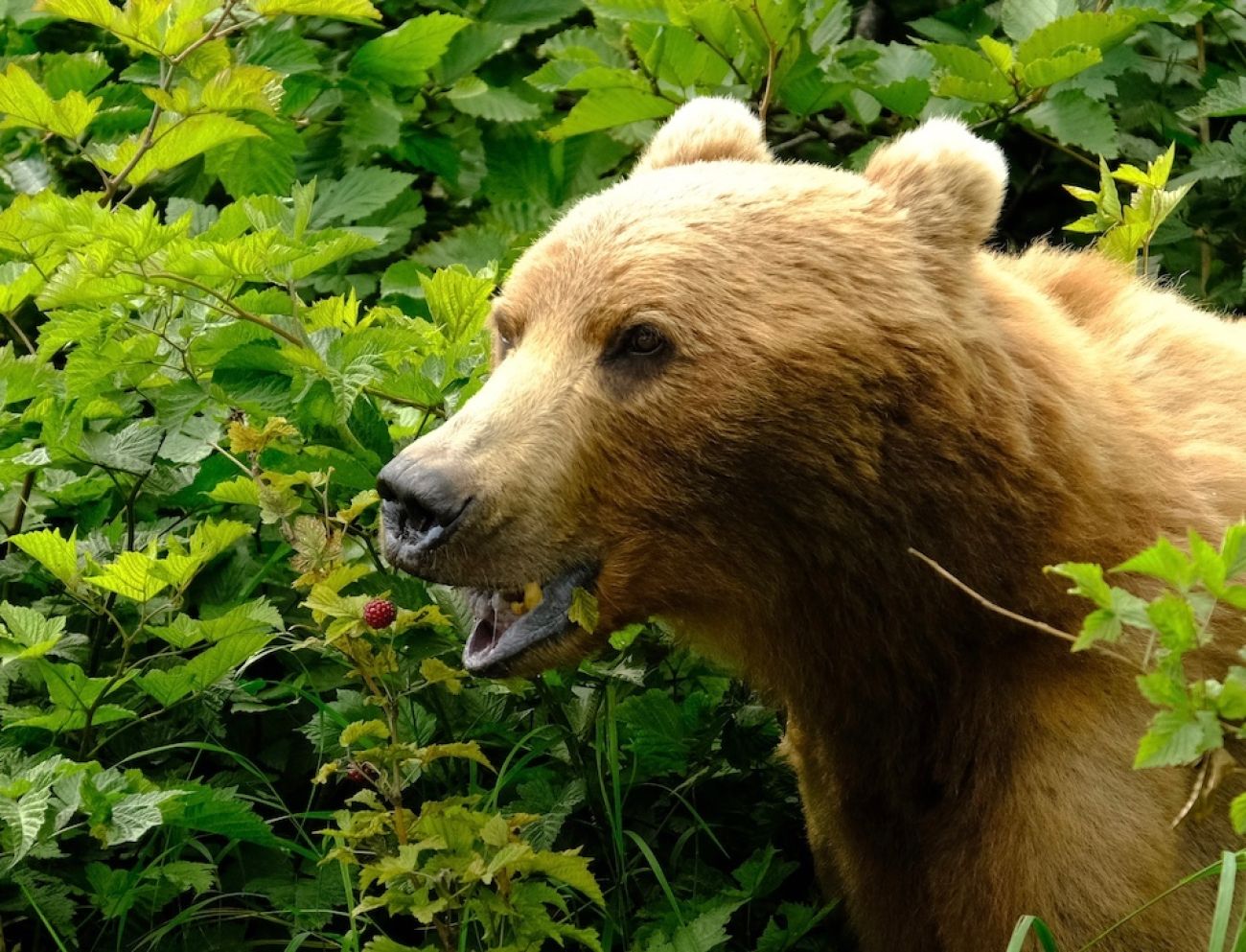
A Kodiak brown bear enjoying salmon berries.
Harvesting Traditions
HUNTING, FISHING, & COLLECTING
How did Alutiiq ancestors harvest from the sea and the land, and how were different resources used? Learn more about harvesting traditions with these short lessons from Alutiiq Traditions.
